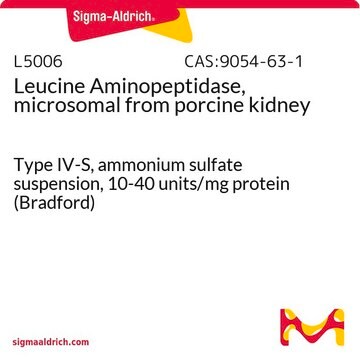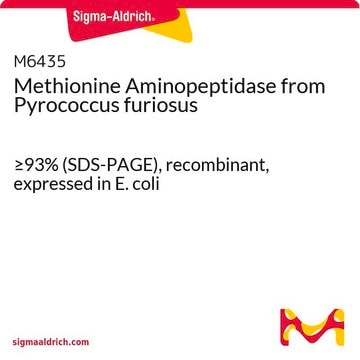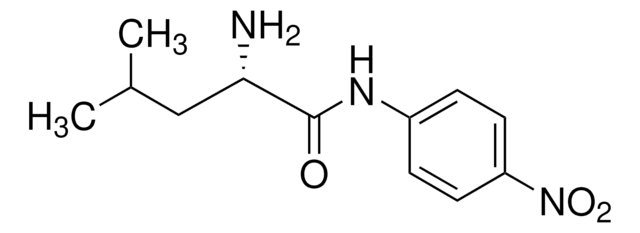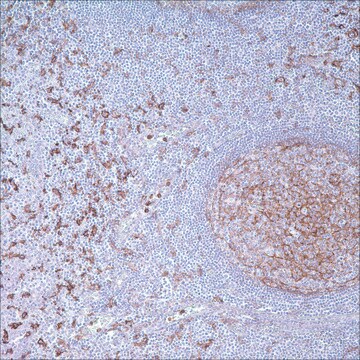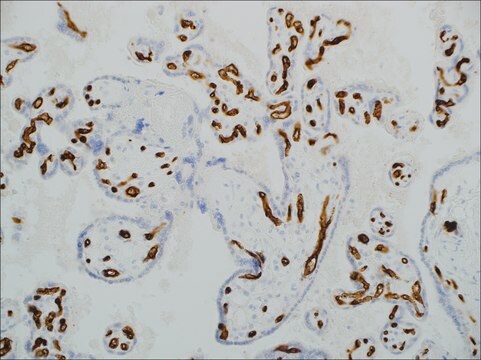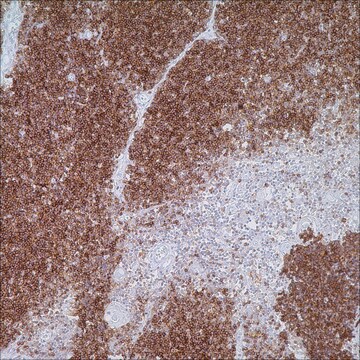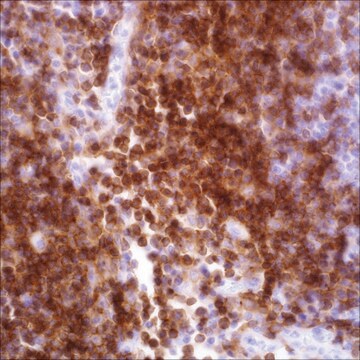A4987
Aminopeptidase His-tagged from Vibrio proteolyticus
Select a Size
$184.00
Select a Size
About This Item
$184.00
Recommended Products
recombinant
expressed in E. coli
Quality Level
grade
Proteomics Grade
form
powder
specific activity
50-100 U/mg
shelf life
2 yr
shipped in
wet ice
storage temp.
−20°C
1 of 4
This Item | 134R-1 | 101R-1 | 104R-2 |
|---|---|---|---|
| species reactivity human | species reactivity human | species reactivity human | species reactivity human |
| antibody form culture supernatant | antibody form culture supernatant | antibody form culture supernatant | antibody form culture supernatant |
| biological source rabbit | biological source rabbit | biological source rabbit | biological source rabbit |
| conjugate unconjugated | conjugate unconjugated | conjugate unconjugated | conjugate unconjugated |
| clone EPR3653, monoclonal | clone EP88, monoclonal | clone EP3622, monoclonal | clone EP204, monoclonal |
| form buffered aqueous solution | form buffered aqueous solution | form buffered aqueous solution | form buffered aqueous solution |
Unit Definition
signalword
Danger
hcodes
Hazard Classifications
Eye Irrit. 2 - Resp. Sens. 1 - Skin Irrit. 2 - STOT SE 3
target_organs
Respiratory system
Storage Class
11 - Combustible Solids
wgk_germany
WGK 1
flash_point_f
Not applicable
flash_point_c
Not applicable
Choose from one of the most recent versions:
Certificates of Analysis (COA)
Don't see the Right Version?
If you require a particular version, you can look up a specific certificate by the Lot or Batch number.
Already Own This Product?
Find documentation for the products that you have recently purchased in the Document Library.
Our team of scientists has experience in all areas of research including Life Science, Material Science, Chemical Synthesis, Chromatography, Analytical and many others.
Contact Technical Service

